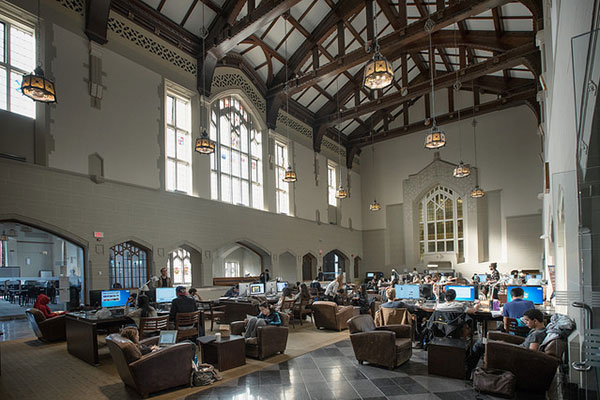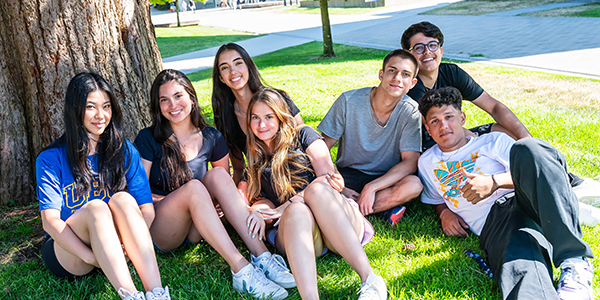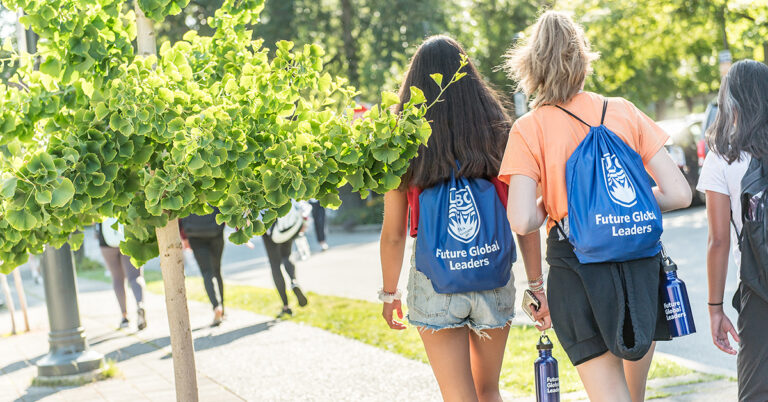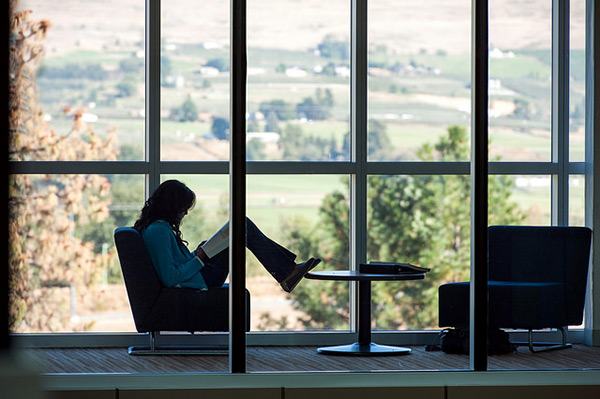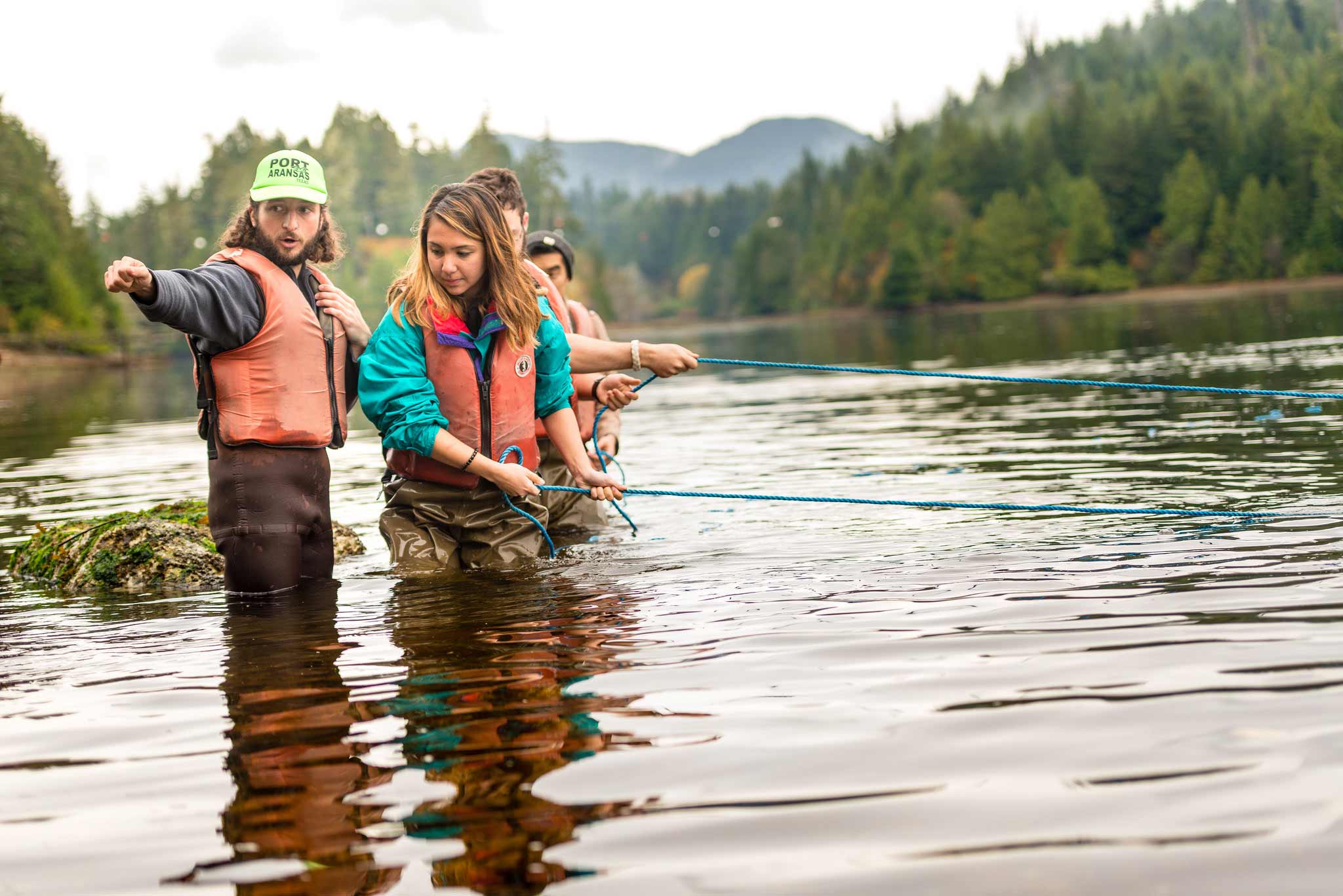
Once you’ve decided to apply for the Bachelor of Science degree, it’s time to start thinking about how you’d like to structure your first-year courses.
One option is to take Science One, where you’ll get a predesigned course schedule for your first year and take nearly all of your classes with the same people.
What is Science One?
Science One is a first-year program that integrates Biology, Chemistry, Physics, and Mathematics. The program focuses on the connections between disciplines, while teaching both the foundational content and the tools and approaches of modern scientific research — within a single, 28-credit course.
Why should you choose Science One?
Science One offers an immersive learning experience and a solid foundation for your undergraduate education. It also makes the transition from high school to university smoother with standard timetables, coordinated assignment schedules, a set space in the library to study, and support from a community of students and faculty. All Science One teachers attend each other’s classes to dynamically shape your curriculum, and you’ll share your own work and study space with your instructors.
Because Science One takes a select number of students, you’ll find yourself spending a lot of time with your cohort, which will help you make friends. You’ll also be taught by a select number of professors who will decide together what will be on the curriculum each week and how the disciplines will interact – meaning that you’ll make close personal connections with your profs. There will also be the opportunity to take part in peer-group workshops or field trips.
Is Science One right for you?
Science One is challenging. It has a competitive application process, and teaches first-year science at one of the highest levels at UBC to a tight-knit group of students. You’ll be one of just 80 individuals, and will be supported by nine instructors, offering you an excellent student-to-professor ratio of 9:1. You’ll also take part in weekly workshops, learn from guest lecturers, and have extra instruction in science literacy and computer programming. The curriculum includes mentorship on two major research projects – the results of which can be published in undergraduate journals – and you’ll attend student conferences.
Science One is also a social experience. You’ll help elect student representatives to sit in on the Science One Team meetings and the Science Undergraduate Society (SUS), and take part in mentorship and social activities such as the Winter Formal and talent shows.
How to apply
If you want to take part in Science One, you’ll need to submit an application at the same time or shortly after you apply to UBC’s Bachelor of Science degree, as registration opened on December 1, 2024. You are encouraged to apply early, as applications will be assessed in the order they’re received. Applications received after April 30 may be considered, but not with the same priority as those before that date.
